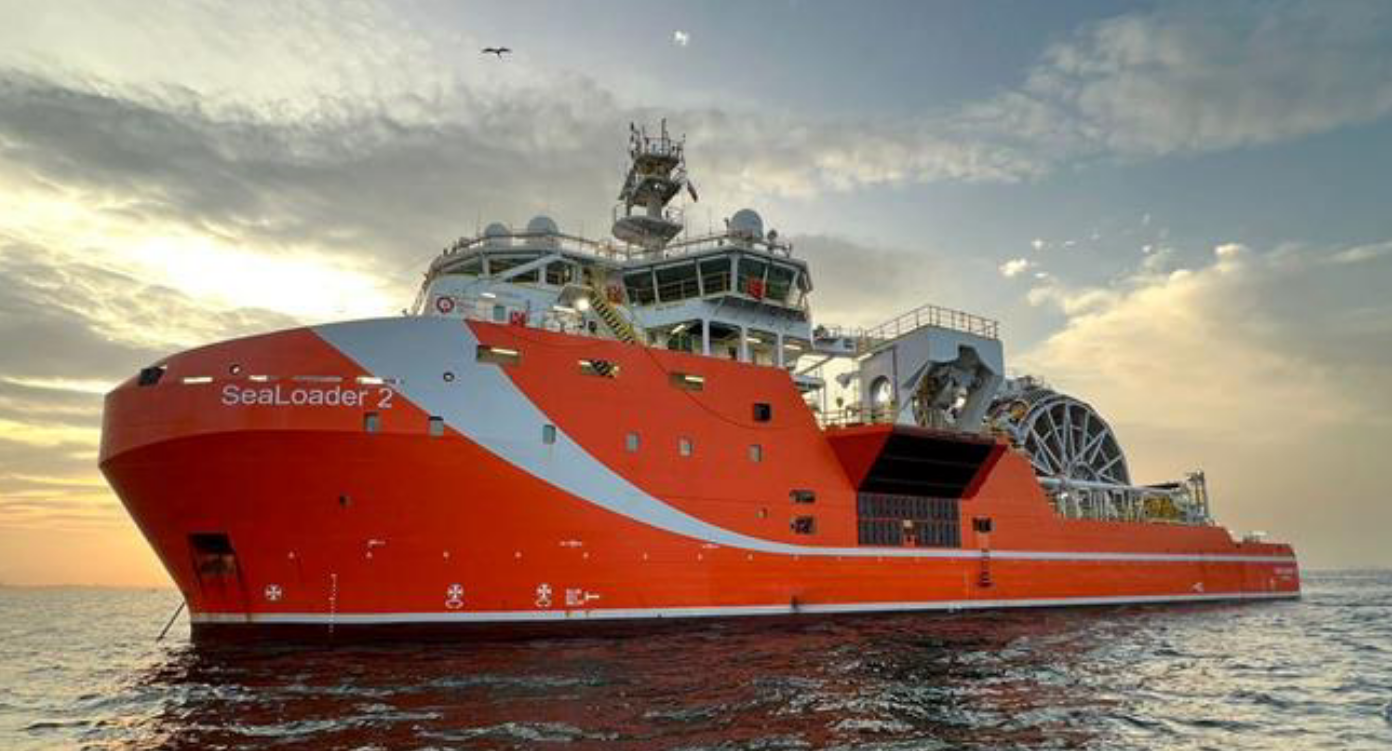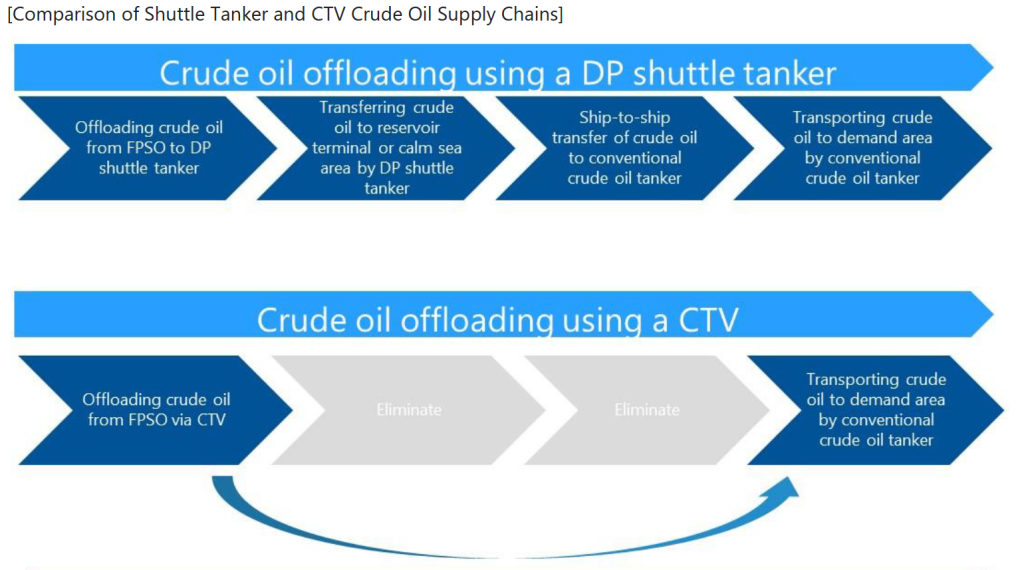
On March 6th, 2024, Mitsui O.S.K. Lines, Ltd. (MOL) unveiled a significant stride towards sustainable offshore logistics by announcing the signing of a Crew Transfer Vessel (CTV) Time Charter Contract with Petroleo Brasileiro S.A. (Petrobras), a Brazilian state-owned oil company. In addition to this contract, the companies have initiated discussions on a prospective newbuilding CTV, aiming to finalize negotiations by the end of 2024.
Navigating Efficient Crude Oil Logistics



SeaLoading Holding AS, MOL’s wholly owned subsidiary responsible for cargo transfer vessels, inked the charter agreement for the CTV SeaLoader 2. The vessel, initially engaged in a trial period with Petrobras in January 2022, has successfully completed over 30 crude oil offloading operations in the Santos Basin, Brazil. These operations involved transferring cargo from Petrobras’ Floating Production, Storage & Offloading Systems (FPSOs) to tankers, showcasing the efficiency and reliability of CTV technology.
Reducing CO2 Emissions and Enhancing Efficiency
The strategic use of CTVs presents a paradigm shift in crude oil logistics, allowing direct loading from FPSOs to crude oil tankers. SeaLoading’s SeaLoader 2 has already proven its mettle, leading to the establishment of a time charter contract in 2023. With the signing of a Memorandum of Understanding (MoU) for newbuilding CTV negotiations, MOL and Petrobras are poised to revolutionize offshore logistics.
Environmental Impact and Efficiency Gains
The incorporation of CTVs in crude oil transfer provides a significant reduction in CO2 emissions compared to conventional methods, particularly DP shuttle tankers. Along the Brazilian coast, CTVs are anticipated to achieve a 60% reduction in CO2 emissions, rising to approximately 80% off the coast of Uruguay. These reductions hinge on factors such as loading/offloading specifics, fuel consumption, and sea conditions.
Strengthening Collaborative Efforts
MOL Group’s commitment to environmental stewardship is evident through strengthened collaboration with Petrobras and other major oil entities. The objective is to propagate CTV usage, fostering substantial reductions in both CO2 emissions and operational costs. This initiative aligns with MOL’s ongoing efforts to enhance efficiency and diminish environmental impact across the entire crude oil supply chain.
About SeaLoading Holding AS


Shuttle tankers transport crude oil from FPSOs or other offshore production facilities to onshore terminals. These tankers are equipped with dynamic positioning systems (which electronically control the ship’s maneuvering to maintain its position), offshore
loading equipment mounted on the bow, and so on to ensure safe loading operations without anchoring, even under severe sea,weather, and tide conditions.
As MOL continues to lead the way in innovative and sustainable maritime solutions, the collaboration with Petrobras marks a pivotal moment in the evolution of offshore logistics. This strategic alliance underscores the industry’s commitment to reducing environmental impact while optimizing operational efficiency.
